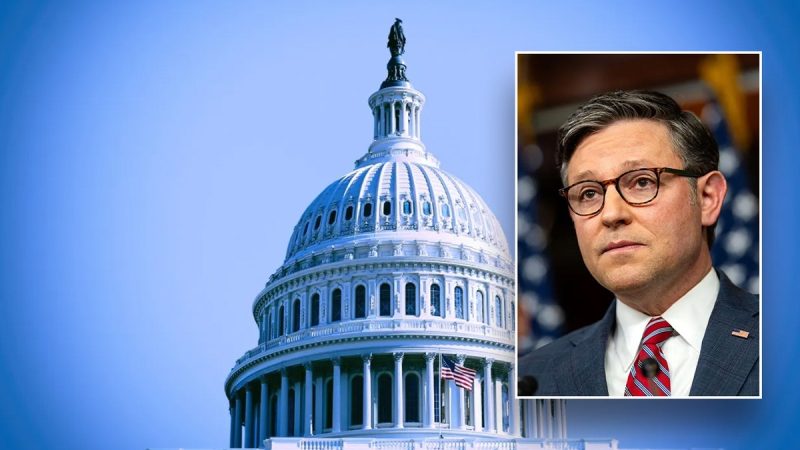
Congress took a significant step toward averting an end-of-month partial government shutdown just weeks before Election Day.
In a victory for Speaker Mike Johnson, R-La., a majority of Republicans voted for the measure – it passed 341 to 82, with 132 House GOP lawmakers in favor. All the 82 ‘no’ votes were Republicans.
Faced with an Oct. 1 deadline and little bipartisan progress on fiscal year 2025 spending priorities, the House of Representatives on Wednesday passed a short-term extension of the current fiscal year’s federal funding levels to keep the government open through Dec. 20.
The measure, known as a continuing resolution (CR), gained wide bipartisan support – though more Democrats voted for it than Republicans, as expected.
A large contingent of Republicans, still angry with House GOP leaders for passing last year’s federal funding bills in two large segments rather than forcing the Democrat-held Senate to consider 12 appropriations bills individually, were always likely to vote against extending those measures.
The federal funding debate has been a lightening rod for political drama, particularly during the 118th Congress. Last year’s government funding stand-off precipitated the ouster of Johnson’s predecessor by a group of House Republicans.
Fiscal conservatives are frustrated about punting that fight into December, arguing it puts the House GOP majority in the position of being forced to reckon with a massive ‘omnibus’ spending bill right before the end-of-year holidays rather than work through their 12 individual appropriations bills.
‘I’ve said this in public forum – we are condemned to a Christmas lame-duck omnibus,’ Rep. Keith Self, R-Texas, told Fox News Digital on Tuesday.
House Freedom Caucus member Rep. Ralph Norman, R-S.C., said, ‘I think that’s the preview of coming attractions, unfortunately.’
But Johnson swore both in public and private that the House would not take up an omnibus in December.
‘There won’t be a Christmas omnibus. Somebody asked me in the hallway a little while ago, ‘Will there be mini-buses?’ We don’t want any buses. We’re not going to do any buses.’
Allies of former President Trump, meanwhile, have called for a CR into the new year in the hopes he will win the White House and carry Congress along with him.
House GOP leadership staff suggested to Fox News Digital over the weekend that it’s more likely Johnson will aim for a CR to do just that in December rather than consider an omnibus.
That would line up with his original plan for a more conservative CR – one that offered a six-month funding extension into March and was coupled with a measure to prevent noncitizens from registering to vote in U.S. elections.
The initial plan failed after a rebellion by 14 Republicans. Some defense hawks worried about the effect of a six-month CR on military readiness, while a group of fiscal conservatives balked at the principle of the CR itself.
The new plan is a more straightforward funding extension, though it adds $231 million for the U.S. Secret Service after two foiled assassination attempts against Trump.
And while the Democrat-led White House and Senate were both poised to reject Johnson’s initial CR, President Biden and Majority Leader Chuck Schumer, D-N.Y., have signaled they’re supportive of the recent deal.
The bill is expected to be considered in the Senate on Thursday, after which it heads to the White House for Biden’s signature.






